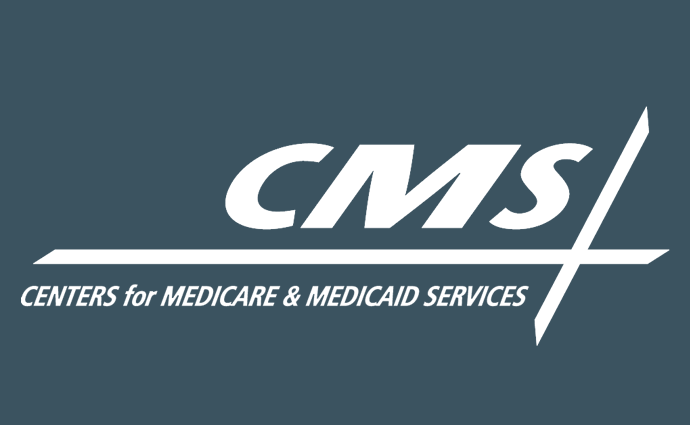Finalized CMS Rule Supports Medicare Coverage for Acupuncture
The finalized rule provides Medicare coverage for patients who require acupuncture and expands CMS’ previous efforts to tackle the nationwide opioid crisis.

Source: CMS
- CMS has finalized a proposed rule to provide Medicare coverage to chronic low back patients accessing acupuncture, which furthers the administration’s efforts to address the opioid crisis.
“Expanding options for pain treatment is a key piece of the Trump Administrations’ strategy for defeating our country’s opioid crisis,” HHS Secretary Alex Azar said in the January 21 announcement.
Under the finalized decision proposed back in July 2019, Medicare will now cover up to 12 acupuncture sessions in 90 days with an additional eight sessions for patients with chronic low back pain who show improvement.
“President Trump has promised to protect and improve Medicare for our seniors, and deciding to cover this new treatment option is another sign of that commitment,” Azar added. “Medicare beneficiaries will now have a new option at their disposal to help them deal with chronic low back pain, which is a common and sometimes debilitating condition.”
The CMS announcement highlighted that patients 65 years of age or older who were enrolled in acupuncture studies showed improvement in function and pain.
Opioids were involved in 47,600 deaths in 2017. Since then, CMS has been determined to tackle the opioid epidemic by supporting access to pain management using safe and effective treatment methods that don’t fully rely on prescription opioids.
Azar noted that expanding options for pain treatment is vital to steer patients away from opioid use and offer a potential alternative for patients with chronic low back pain.
“We are dedicated to increasing access to alternatives to prescription opioids and believe that covering acupuncture for chronic low back pain is in the best interest of Medicare patients,” said Kimberly Brandt, principal deputy administrator of operations and policy at CMS. “We are building on important lessons learned from the private sector in this critical aspect of patient care. Over-reliance on opioids for people with chronic pain is one of the factors that led to the crisis, so it is vital that we offer a range of treatment options for our beneficiaries.”
This finalized decision is a continuation in CMS’ ongoing effort to fight the opioid crisis throughout the nation. In April of 2019, CMS introduced new Medicare Part D patient safety policies to improve opioid use safety.
The new policies include improved safety alerts so pharmacists can review certain opioid prescriptions before they’re filled. Pharmacists would also be notified if beneficiaries receive opioid prescriptions that exceed the intended amount or if they receive their first prescription fill for opioids.
In this case, a patient may be limited to a seven day supply or less for acute pain if they haven’t recently taken opioids.
Medications can be dangerous and life threatening when taken in combination, so pharmacists will also be alerted if a patient is using opioids and benzodiazepines simultaneously.
“CMS’ goal with this policy is to reduce the potential for chronic opioid misuse through closer management of opioid naïve patients,” the agency wrote.
The new policies also permit Part D plans to set drug management programs in place to guide patients on how to use opioids and other frequently abused medications in a safe manner.
The new policies and the continuation of CMS’ efforts to manage opioid abuse and addiction led to a 31 percent decrease in total opioids dispensed by pharmacies nationwide since 2017. Results due to the administration’s efforts may encourage other payers to integrate themselves in the solution and lend a helping hand to the ongoing opioid crisis.
